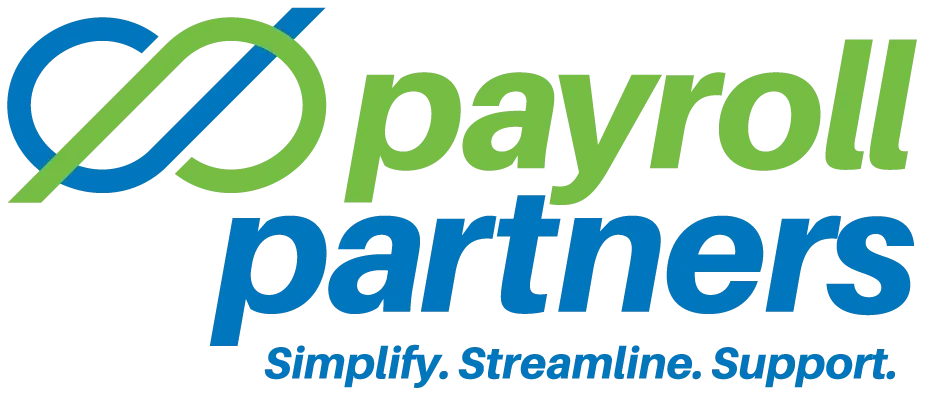Like any health benefit, healthcare-sharing ministries have their pros and cons. This section will break down the major advantages and disadvantages of healthcare ministries so you can make the best decision for you and your organization.
Pros of healthcare sharing ministries
While low costs are a perk of healthcare-sharing ministries, some organizations have additional membership bonuses such as dental and vision discounts, disability sharing, and free telehealth.
More advantages of healthcare-sharing ministries include the following:
- Healthcare-sharing ministries are cost-effective because each family contributes a specific monthly dollar amount they choose based on program options.
- Membership can’t be terminated for developing a medical condition.
- Healthcare-sharing ministries don’t impose annual or lifetime limits.
- Healthcare-sharing ministries can cover qualified adoption and funeral expenses.
- Membership isn’t affected by where you live or your employment status.
- An independent accounting firm can audit healthcare-sharing ministries annually to ensure financial stability.
- Healthcare sharing ministries provide a viable option for those seeking an alternative to shopping on the ACA Marketplace.
- Members of these ministries can encourage one another through personal notes of encouragement, which can foster a sense of community and family between each other.
Cons of healthcare sharing ministries
As with all health insurance programs, there are some disadvantages to Medishare organizations. Members need to know about the limitations so those considering the benefit know the entire process and can make the right decision for their health and family.
Disadvantages of healthcare-sharing ministries include the following:
- Many regulations don’t consider healthcare-sharing insurance, so consumers have little or no legal protection if a claim isn’t paid, coverage is denied, or the ministry goes bankrupt.
- Treasury letter 2016-0051 confirms that healthcare sharing ministries don’t qualify as minimum essential coverage (MEC) under the ACA’s employer mandate.
- There are certain restrictions and payment caps relating to pre-existing conditions.
- Certain pre-existing conditions, such as diabetes, may require a member to pay an additional monthly amount and standard membership fees.
- Because healthcare-sharing ministries are faith-based organizations, they can have specific rules associated with membership.
- For example, members might be required to attend church regularly, abstain from tobacco and illegal drugs, and attest to a specific statement of faith.
Original content by clergyfinancial.com. This information is provided with the understanding that Payroll Partners is not rendering legal, human resources, or other professional advice or service. Professional advice on specific issues should be sought from a lawyer, HR consultant or other professional.

